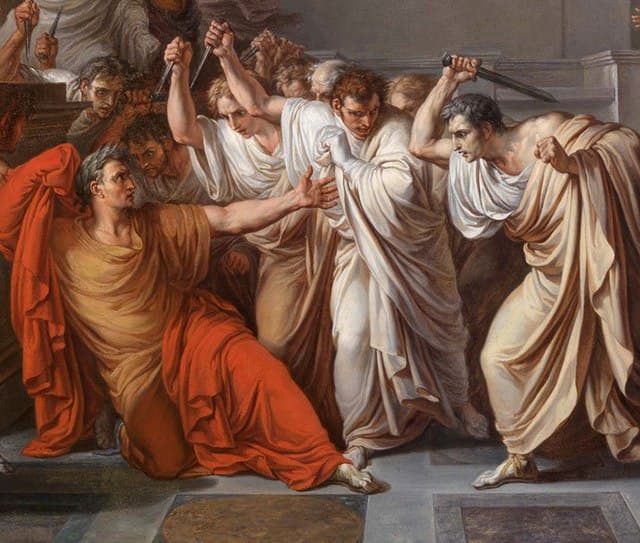
Can Trump ‘Nationalize’ Elections?
By THE NEW YORK SUN
|Mary Beard offers a most helpful roadmap of the empire’s main players, while Ferdinand Mount avers that the possibility that any society may succumb to Caesarism is, well, very real.

Already have a subscription? Sign in to continue reading
$0.01/day for 60 days
Cancel anytime
By continuing you agree to our Privacy Policy and Terms of Service.
By BRADLEY CORTRIGHT
|